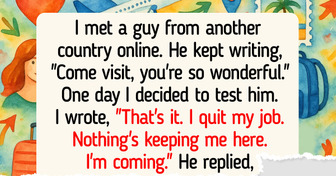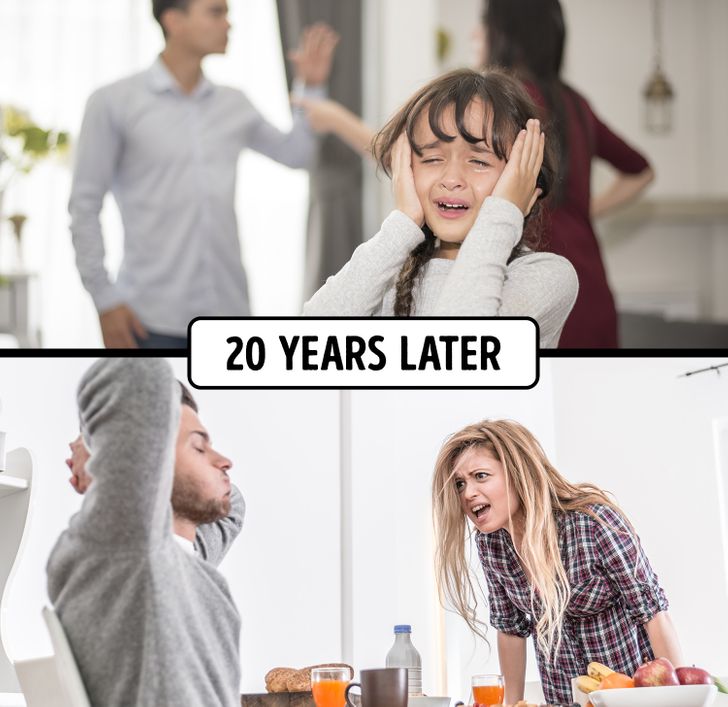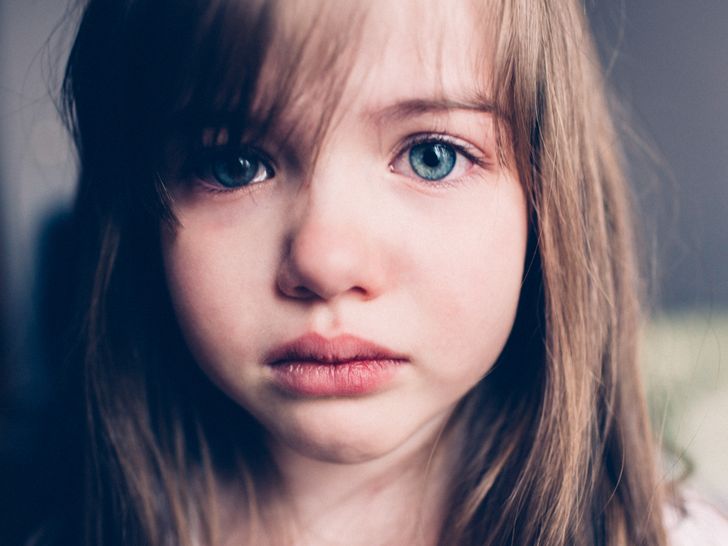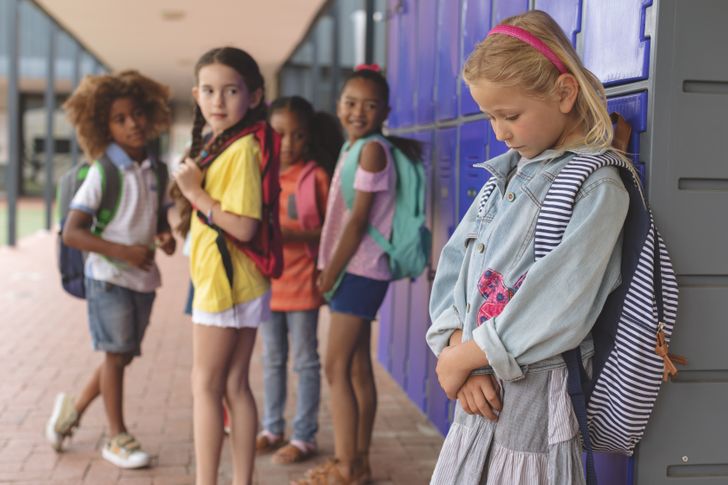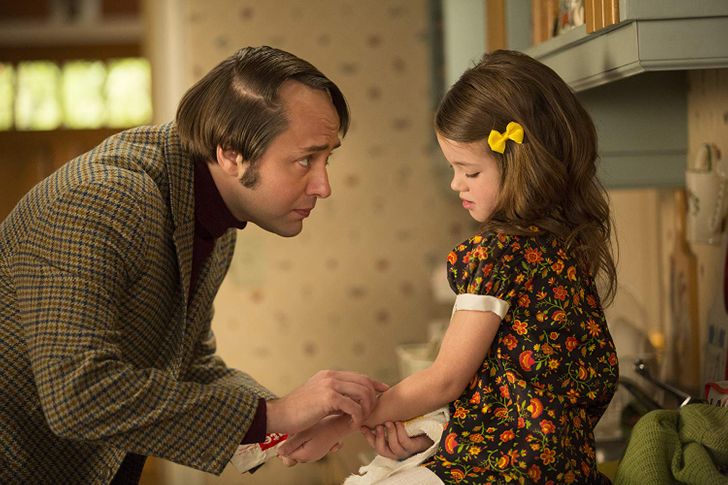The first point is so true.
I think the biggest challenge for parents is not making the mistakes your parents made.
Why Being Stuck in a Toxic Marriage Is More Painful for a Child Than Divorce
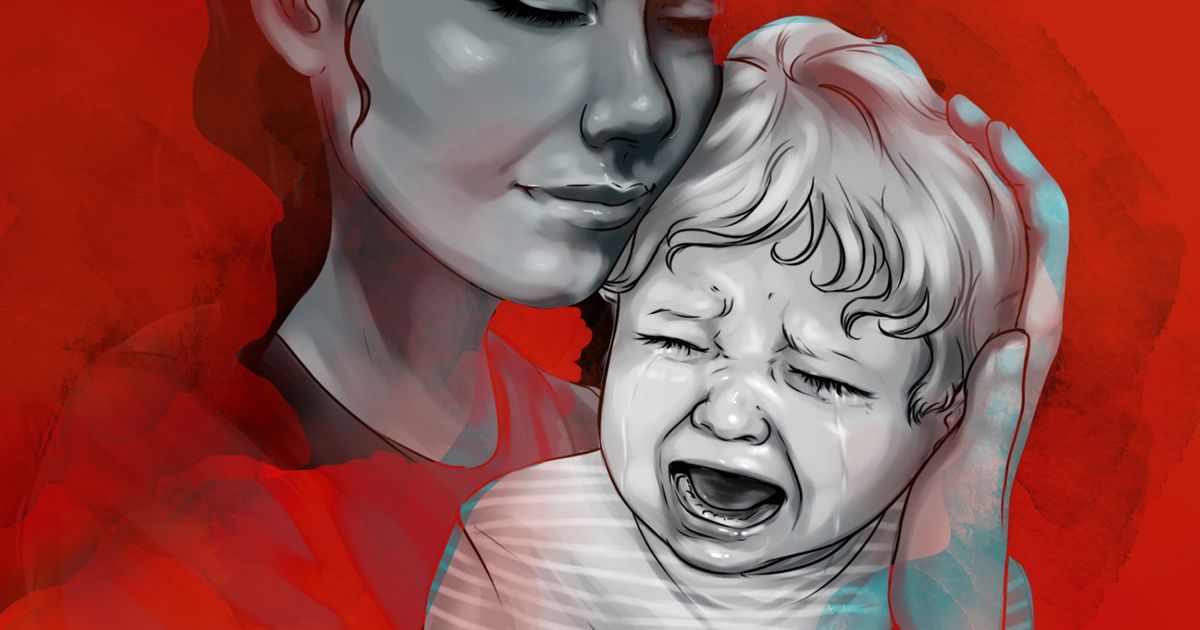
Divorce is rarely painless in any family. Although, for the sake of children’s well-being, it’s sometimes better to make the decision to have a smooth break up rather than maintain a difficult marriage. If handled correctly, parental separation can bring a happier future to children, while staying in an unhappy relationship can make everyone in the family suffer — especially the kids.
Bright Side has listed 6 reasons why a difficult marriage can have a worse outcome for children than divorce.
They’ll mirror the unhealthy model of their parents’ relationship.
Children absorb relationships patterns that surround them like sponges. When they see endlessly arguing parents, they do it too. Kids start to think it’s fair to settle for an unhappy marriage and will become doubtful about their ability to develop a healthy and loving relationship.
Being jealous, getting angry easily, not talking to their spouse, and being domineering and critical are all parental behaviors that tend to lead to problematic marriages in the lives of children with toxic parents.
They’ll probably never “get used” to their parents’ fighting.
Children detect negative emotions pretty easily and they’re super sensitive to destructive family conflict. With parents often showing disrespect for each other, their kids’ social and emotional well-being is not safe.
The tension between parents can threaten a child’s sense of security, making them feel rejected, uncertain, and guilty. And instead of putting up with it, they may eventually grow into adults with low self-esteem, trust issues, and the feeling of unworthiness.
As a result, they become more vulnerable to stress.
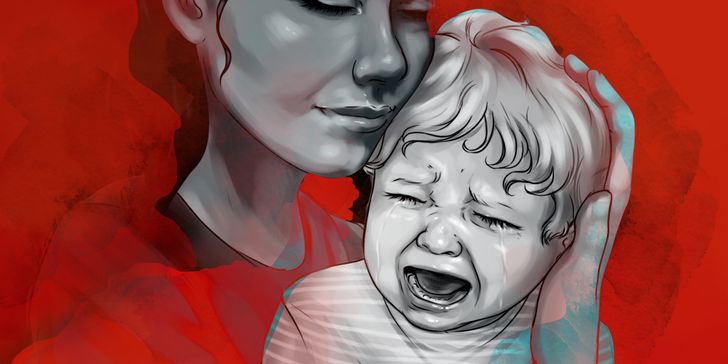
When children don’t feel safe in their own home, there’s a chance they could become easily stressed and go on to interpret ordinary situations as threatening. Their anxiety can lead to nightmares and feelings of apprehension.
When children of toxic parents grow up, they may find it hard to accept that relationships between 2 people involve misunderstandings. They may display high levels of self-criticism, and even when facing not-so-serious difficulties, they’ll suffer heavily from self-condemnation.
They may have trouble building various types of relationships.
Kids living in a toxic environment are not only at risk of having rough romantic relationships in their adulthood, but it can even affect how a child will perceive any kind of connection with another person. Conflicts at home lead to difficulties with building balanced relationships with peers, while sibling relationships can become overprotective or distant.
In unhappy families, children likely didn’t have any power to stop what was happening to them. So as adults, they may find it difficult to talk about things they don’t like in their partners and to establish healthy boundaries.
They’ll try to numb their emotions and pick up bad habits.
Kids often want to start doing things to stave off bad emotions. So in response to a stressful situation in the family, they may develop unhealthy habits.
This behavior can consist of overeating, excessive video game usage, or other attempts to escape from reality. Children can show unpleasant feelings indirectly too. They may lose interest in school, get in fights with peers, and become angry while playing with toys.
They may become afraid of their own emotions.
Criticism and anger don’t automatically mean people stopped respecting each other, they can still be part of a normal relationship. But destructive tactics between parents such as avoidance, verbal aggression, and walking out can make children feel that expressing their own feelings isn’t a safe strategy.
Kids may start to think that anger and criticism are a source of extreme danger. And, of course, they will go on to repeat their parents’ toxic behavior in their own relationships as adults.
Children usually do better outside a toxic environment, even if their parents have separated. While those who grow up in a stressful household may develop anxiety, depression, and other problems, kids whose parents get a divorce usually adjust well over time.
This is all true only if parents are willing to maintain an amicable relationship and find a way to have a healthy divorce where their children’s well-being is a core concern.
Do you have any friends who struggle to make a decision about staying in a difficult marriage? What do you think is best for kids in this situation? Tell us in the comment section below.
Comments
nice post
I come from such a family. And while it is compassion the answer to it all..the key that unshackles one, may I lovingly suggest, take the time you need. The time such pain has, swiftly, been taken from you as a child to understand, internalize and free yourself from the pain. Don’t sweep it under any rug of social acceptance or distraction. Feel and feed that abandoned inner child :) it’s never too late.
So true! I came from a home where both parents were toxic and I can identify with what you are saying.
This is true, I am going thru it now. Had to go see a Therapist, because my wife decided to put our daughter in the middle. I live in Germany but I am American, laws here are different especially when it comes to property, retirement and Alimony. My wife told our daughter that I am taking the house away and that they will be in the streets. My wife does not understand that there are laws here to cover a divorce. My daughter was put against me, my wife and her boyfriend tell her that I am the bad guy.. My wife told me that she never loved me and only married for our daughter, She has said that she wants me dead and that I have dead in her eyes. Doesn't talk to me at all even when it comes to our daughter.
Related Reads
I Canceled My Sister’s Free Childcare—Her Cruel Words Cost Her My Support
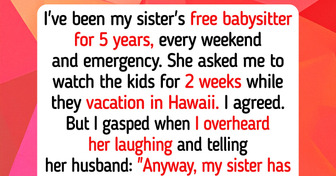
11 Moments That Prove Quiet Kindness Still Changes Everything
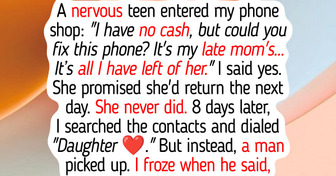
12 Small Acts of Kindness That Quietly Changed Lives
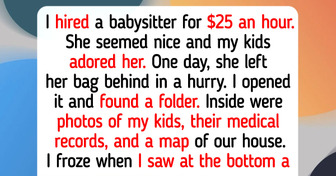
10 Teachers Who Learned Life Lessons From Their Remarkable Students
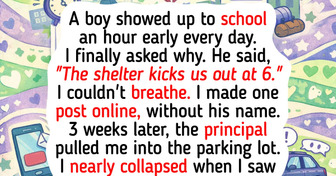
My DIL Refused to Let Me See My Grandchildren, Until My Son Stepped In
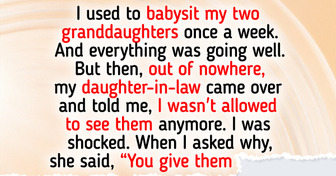
I Refuse to Give Up the Passenger Seat for My MIL—She Should Learn Her Place
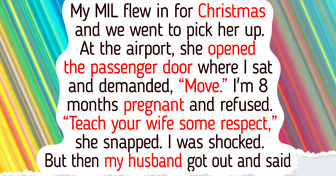
I Refuse to Leave an Inheritance to Children Who Treated Me Like a Cash Cow—So I Made One Final Decision
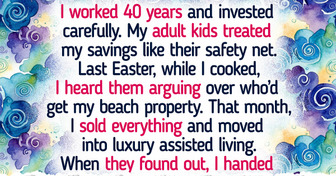
15+ Stories That Prove Some House Guests Are Impossible to Forget
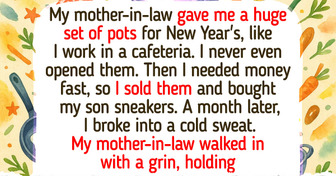
15 Acts of Kindness That Showed Unbreakable Spirit
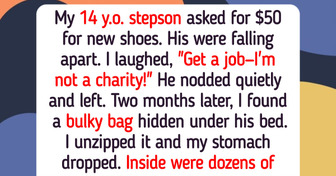
10 Stories That Prove Kindness Has Healing Power When the World Seems Unfair
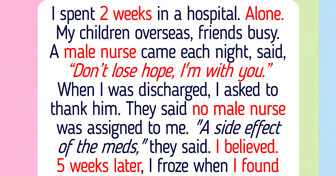
16 Real-Life Stories That Prove Kindness Is the Strongest Defense Against Hate
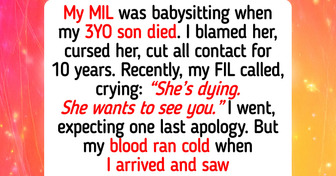
15 “How We Met” Stories Destined to Become Family Legends
